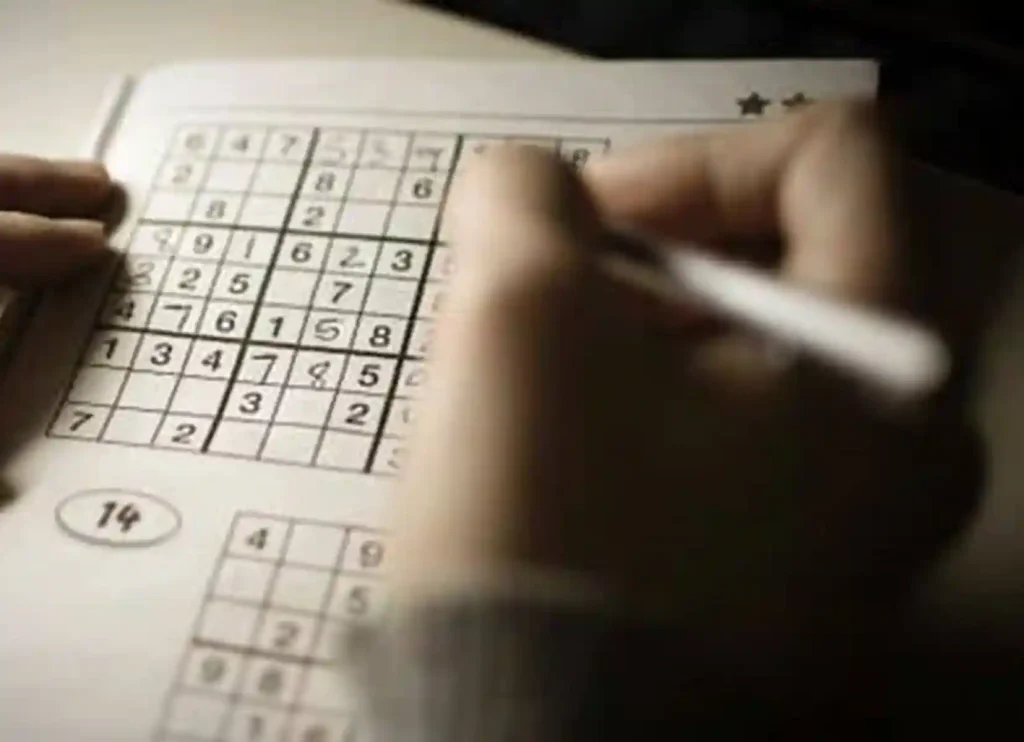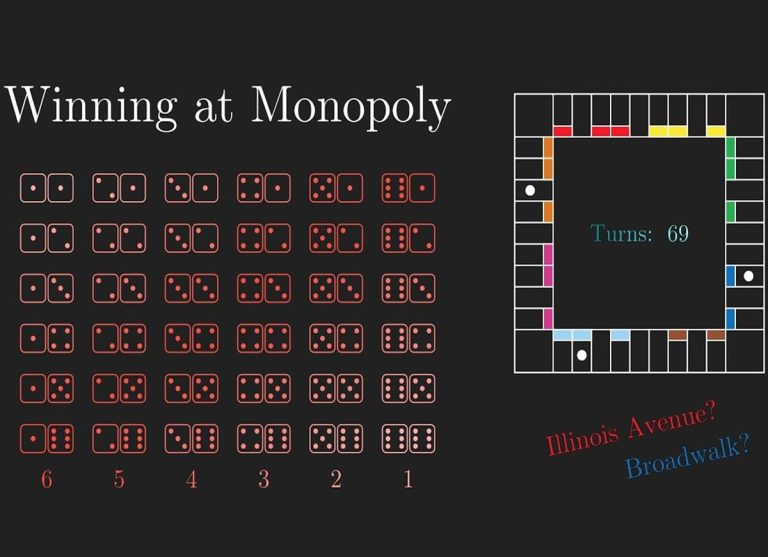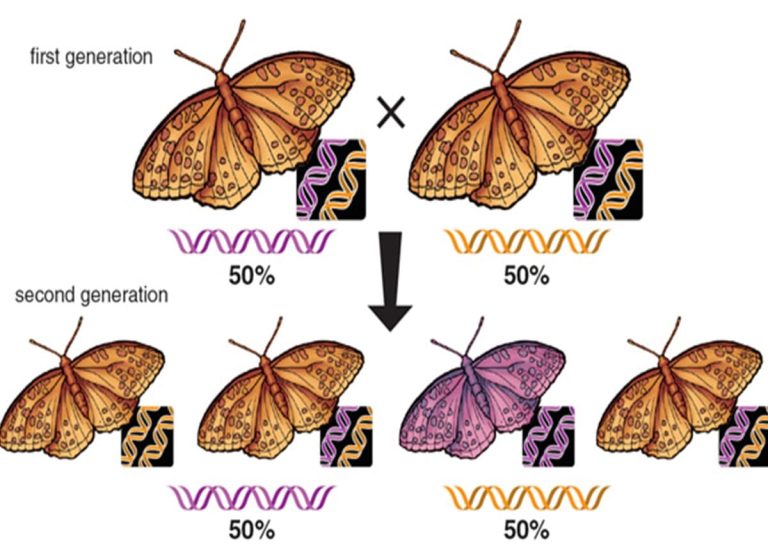Discover the Key Traits and Practices That Drive Mathematical Mastery” The most frequently asked question that students ask about mathematics is “when do I intend to use the concept?” Many math teachers will likely struggle to provide an answer that is coherent, beyond being extremely proficient in following exact instructions.
They’ll talk about “critical Thinking” but nothing else specific. The same teachers have to be able to, with a straight face explain to their students why the derivative of arccosine is crucial. (It extends far beyond the calculus for those of you’re thinking)
Here is my list of. The fundamental, clear abilities that mathematics students who are properly trained are able to develop and which can be useful in the world beyond mathematics.
Certain of them are technical, which are the tools used by mathematicians every day to think about complicated multi-faceted and complex problems.
Other are social, the types of emotional intelligence needed to excel in a profession that requires you to spend a lot of your time unable to comprehend anything. Each of them is considered to be the most fundamental of concepts in math. The ones I have come up with are
- Discussing definitions
- Inventing counterexamples
- Sometimes being wrong and admitting it
- The evaluation of the various possible consequences of an assertion
- The process of separating the assumptions that underlie an argument
- The ladder to abstraction is being climbed.
Also Read: Unraveling Infinity: Exploring the Fascinating World of Infinities Are Bigger Than Others

Discussing definitions
The most important skill mathematicians acquire is the ability to be fluid with definitions. There’s beyond what sounds initially. What I mean is that mathematicians ponder the most effective and useful significance of each word they employ.
Mathematicians require logical precision since they are within the realm of things that can be proved or disproved. If something can be accomplished “definitively,” it must have to be definable.
Let me begin with an example of mathematics first, one that has an underlying connection to the real world and is referred to as “random.”
The concept of randomness has afflicted math for a lot of its history due to the fact that it’s difficult to determine the exact description of exactly what is to be considered random.
Also Read: The End Of Pi: An Infinite Enigma – Even 22 Trillion Digits Can’t Reach Its End, Math, News
Statistics tackle this issue by stating it is not true that things cannot be random, but processes are random, and it is possible to define the probabilities of events occurring as a result of the process. It’s a short review, but it’s actually the basis for nearly every aspect of statistics.
However, it’s not the sole notion of what is random. Because we intuitively want to say, for example, that flipping a coin and getting 20 heads in a row is “less random” than getting HTHHTHHHTTTHTHHTHHTH.
Mathematicians studied the issue and concluded that the standard definition of randomness isn’t enough and came up with another definition, which is known as Kolmogorov complexity.
It is a general rule that an event is referred to as “Kolmogorov random” in the event that the computer program that generates the event is longer than it describes the incident.
(This utilizes a mathematical definition of the term “computer” that was developed before computers were actually invented like Alan Turing.)
Also Read: Unveiling the Genius Within: A Compelling Journey Life Inspired Shaped by Unexpected Inspiration
A common way to describe it is to imagine that the definition of a Kolmogorov random event demands details of the incident to be recorded completely in the program source program that generates it.
Kolmogorov complexity has evolved into an intriguing area of both computer science and math but that’s still not the complete tale. Without going in too much detail mathematicians found that Kolmogorov complexity isn’t measured for the majority of instances.
Therefore, it is complicated to translate it into non-theoretical issues. Mathematicians sought to define numbers that appear like random numbers and appear sufficient for practical reasons but are not random according to sense of Kolmogorov sense. This resulted in the definition that is currently used for the cryptographically safe randomness.
MATH RELATED:
- Where To Take An IQ Test?
- Where Can I Take An IQ Test?
- 11 Best Preschool Free IQ Tests for Kids
- IQ Test For Kids 10-15 Free PDF Download
- International Contest Math Kangaroo Canada
Azam Bodla
M.Phil. Mathematics, Content Writer, SEO Expert
Web Developer, Online Tutor
Call or WhatsApp: +923059611600
Gmail:azambodlaa@gmail.com






